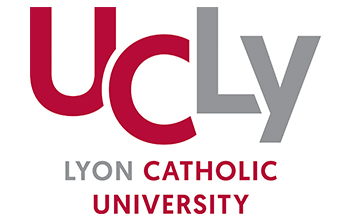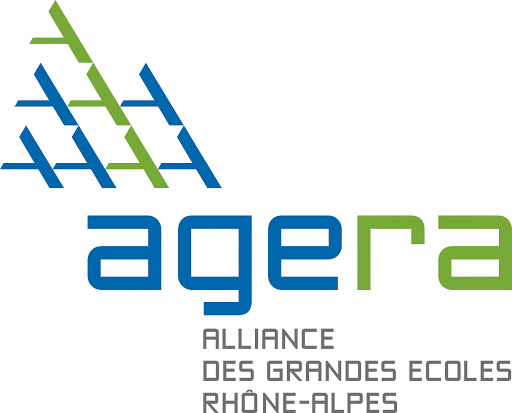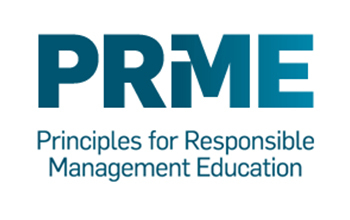- Homepage
- ESDES’s blog
- Orientation
- Studies in France: what is a grade de master, state recognition?
ESDES
3 min.
14 November 2024
The grade de master, state recognition, awarded by the French Ministry of Higher Education and Research and the CEFDG, is intended for state-approved diplomas at bac +5 level. However, there are specific conditions and important distinctions for conferring the grade de master. The differences between a grade de master, state recognition and a bac +5 qualification, and the advantages of a grade de master, state recognition, are often little known to students, even though they may have an impact on their career path and decision-making.
Definition and characteristics of the grade de master, state recognition
The grade de master, state recognition is awarded after completion of the Licence (Bac+3) and before the Doctorat (Bac+8). It therefore corresponds to a second cycle of higher education, equivalent to Bac+5, and generally lasts 2 years. It awards 120 ECTS credits. In France, this degree is part of the Licence-Master-Doctorat (LMD) system, and is distinguished by its academic rigor and professional orientation. It is a title awarded by the Ministry of Higher Education and Research (for certain state-approved diplomas, conferring a bac +5 level), but also validated by the CEFDG, which studies potentially eligible training courses.
It can be awarded by a wide range of establishments, including public and private universities, business and management schools, institutes and many others.
The master's degree also applies to the “special” diplomas awarded by the grandes écoles: the specialized master's degree (MS), the master of science (MSc) or the master of business administration (MBA).
The difference between a grade de master and a Bac+5 qualification
It's crucial not to confuse the grade de master with a Bac+5 course. Although both require five years' study after the Bac, the master's degree is a state-recognized qualification, awarded only for programs validated by the Commission d'Évaluation des Formations et Diplômes de Gestion (CEFDG). This means that the program must meet strict criteria in terms of content, teaching quality, teaching methods and faculty skills.
Master vs master's degree
The master's degree, or diplôme national de master, or bac +5, is defined by a level of study and a grade. In higher education, universities (public establishments) are de facto recognized by the State. They award bac +5 qualifications, known as “national master's diplomas”, and at the same time the grade de master, which is not necessarily the case for courses offered by private schools or other institutions.
In the case of higher education establishments (often private), a grade de master can be awarded for RNCP-certified diploma courses. As Diplomeo explains, “While these establishments also offer a five-year post-bac diploma, not all their courses are recognized by the State, and not all are awarded this degree”.
In other words, not all courses at Bac +5 level deliver a grade de master.
How do I obtain a Master's degree?
To obtain the grade de master, a course must be evaluated and recommended by the CEFDG. This commission analyzes a number of aspects, including
- the content and quality of teaching
- Admission process
- Teaching methods used
- teaching staff
- Professional integration of graduates
This evaluation guarantees that the level of study is homogeneous and of high quality on a national scale.
Recognition and international mobility
The grade de master also facilitates international recognition and academic mobility, thanks to the LMD system. Graduates benefit from the recognition of their diploma in Europe and beyond, which is a considerable asset for academic exchanges and international career opportunities.
Graduates of the Grande Ecole program with a degree delivering a grade de master are also highly sought-after by companies.
The reason? They are synonymous with high-quality teaching and proven expertise.
At Esdes Business School, for example, almost 100% of students are in work 6 months after graduation.











